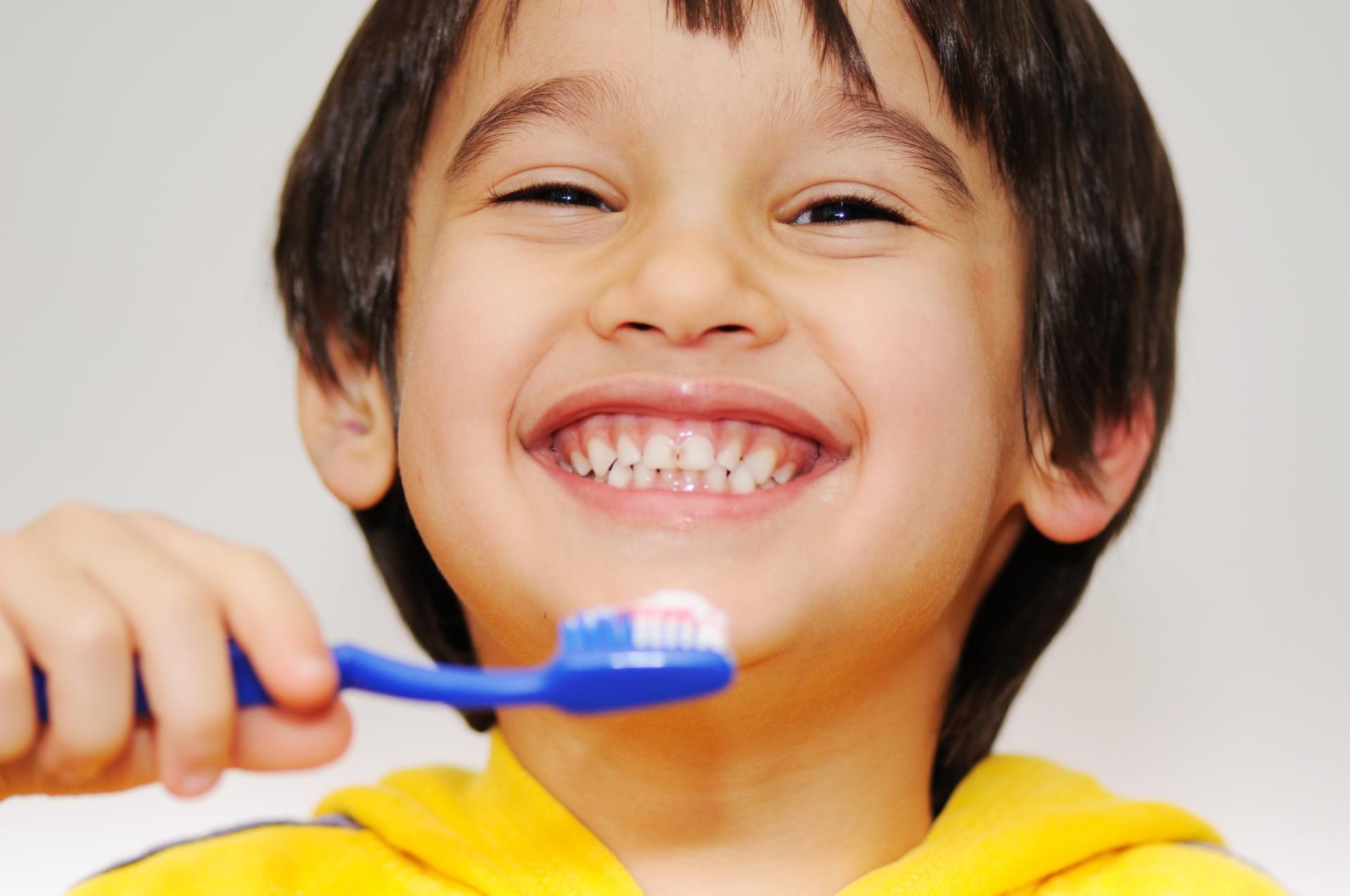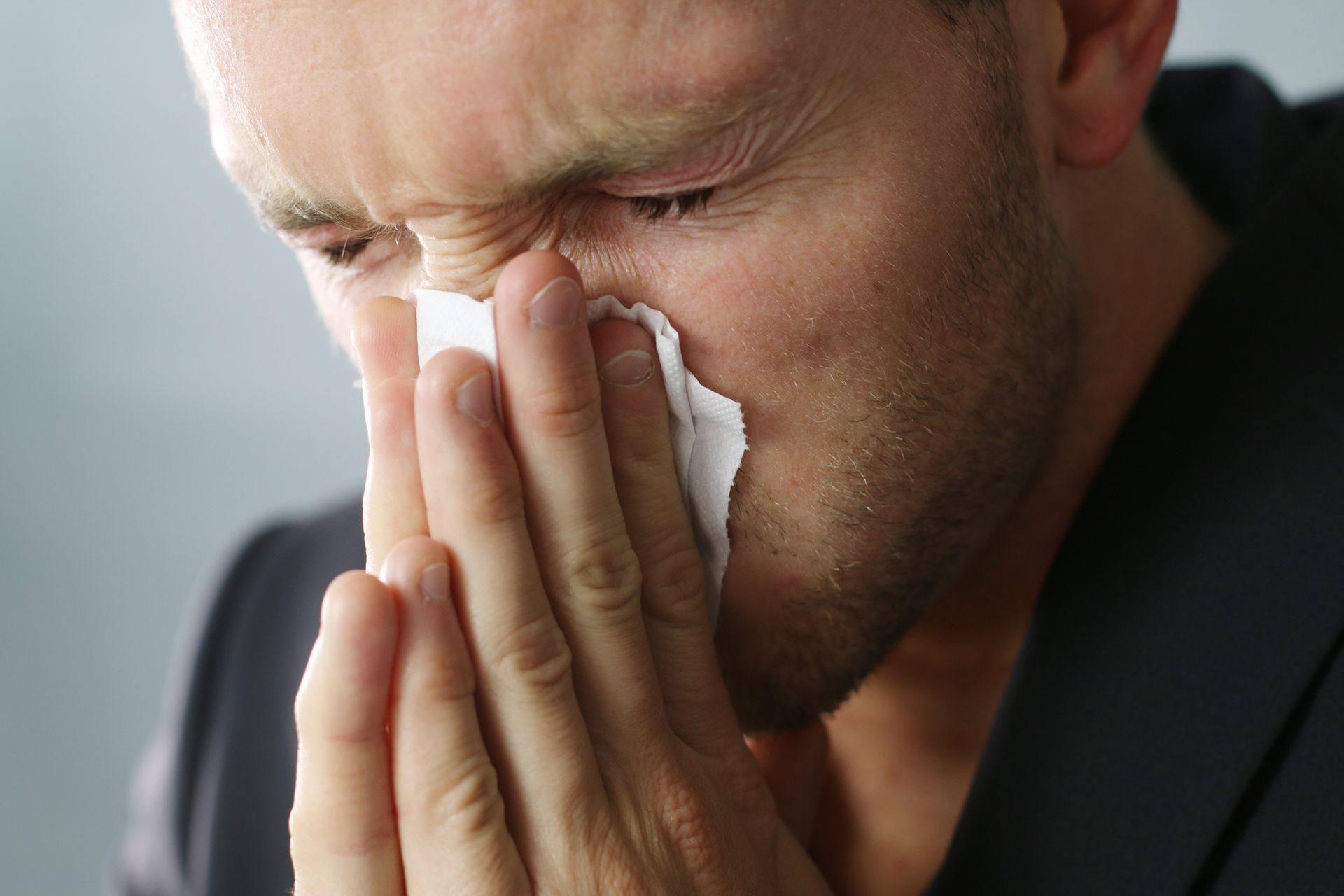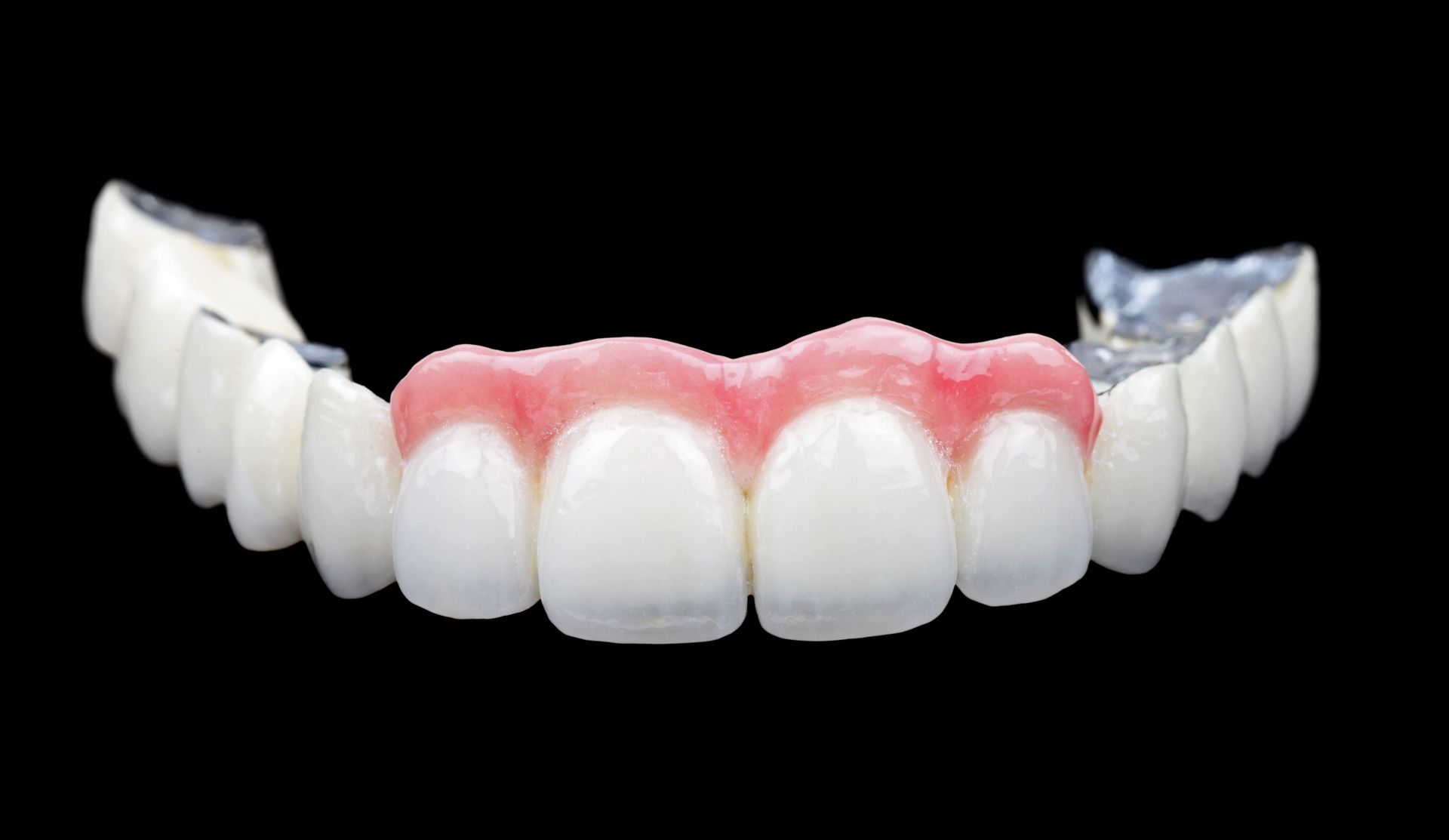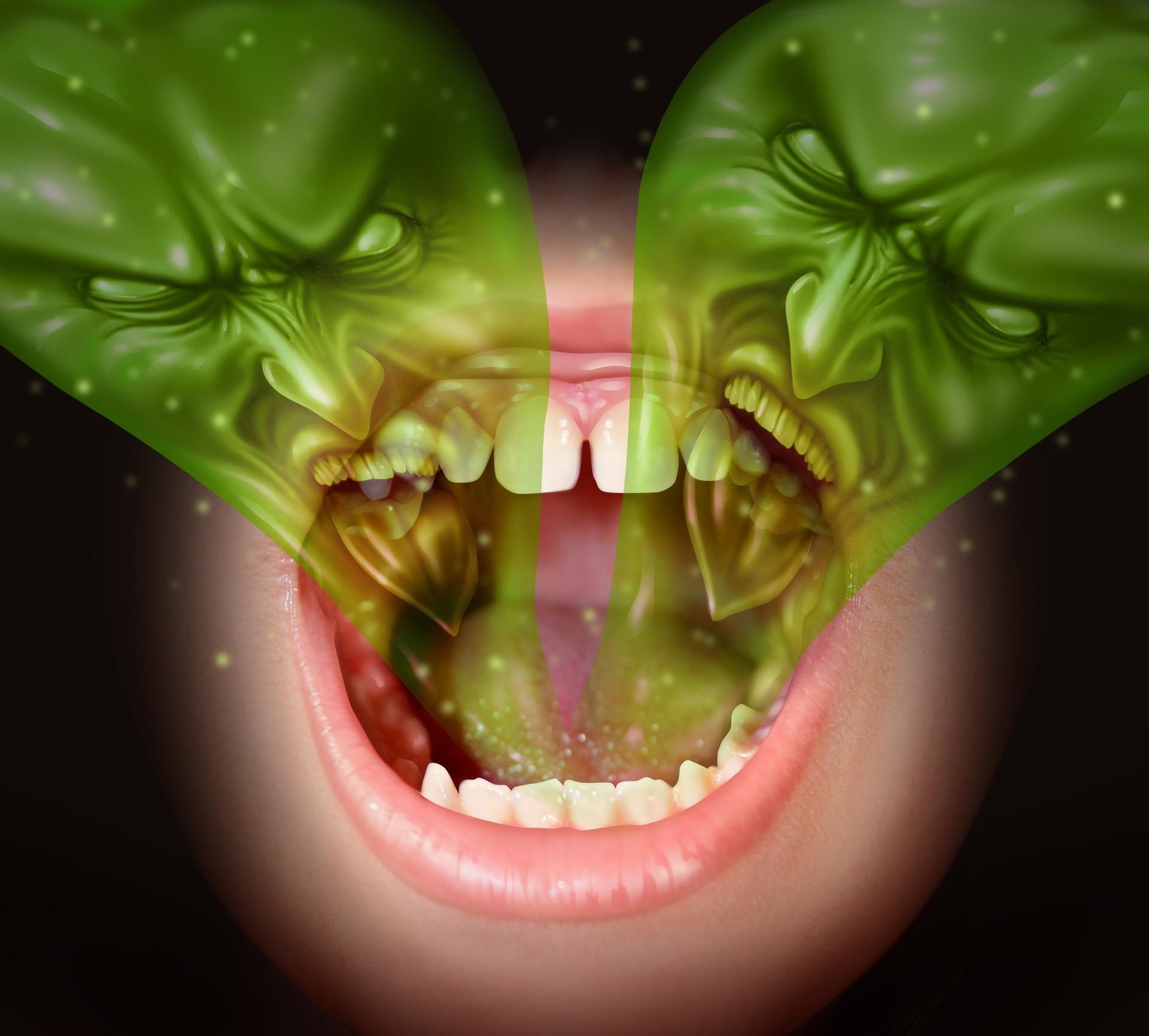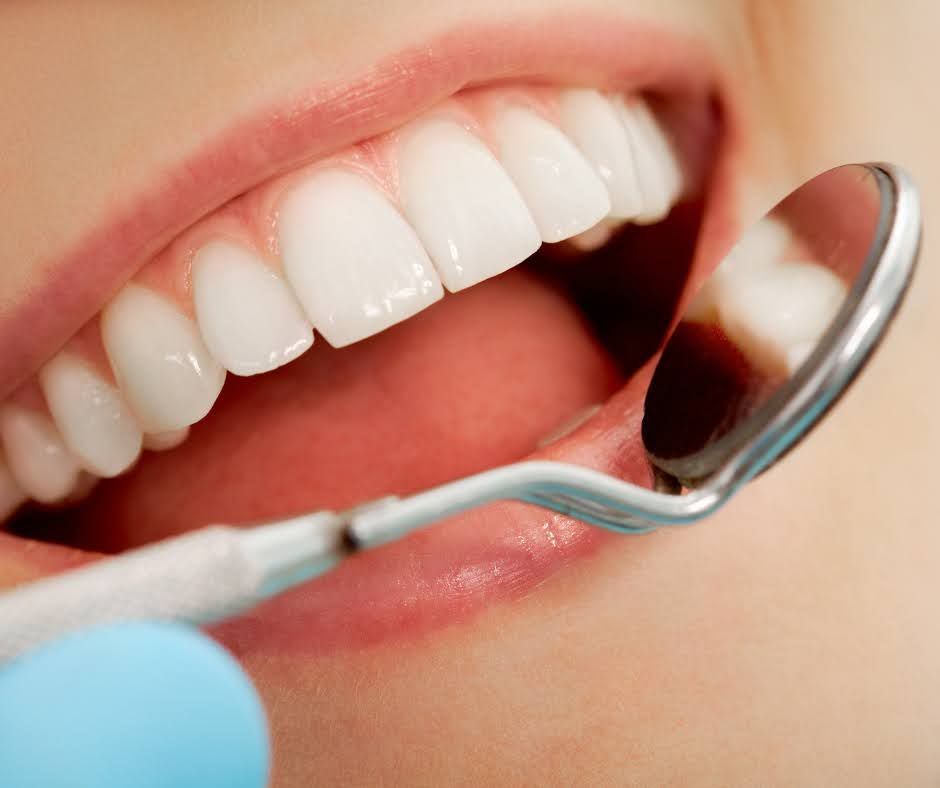ORAL HEALTH AND CANCER: WHAT YOU SHOULD KNOW

You may wonder why oral health is imperative when you have cancer, especially if you have a non-oral cancer. The answer is simple; cancer treatment may wreak havoc on your mouth. These oral health complications are even more prevalent in people with head and neck cancers.
Fortunately, if you know what to look for and what proper oral hygiene protocol to follow, you can better manage your oral health despite a cancer diagnosis.
The Impact of Chemotherapy on Oral Health
Chemotherapy slows or stops the new cell production of quickly dividing cancer cells. This treatment also affects other rapidly growing cells, like those in your mouth. Ultimately, the cells in your mouth won't regenerate like normal once they sustain damage from chemotherapy.
In addition, chemotherapy disrupts the balance of healthy flora in your mouth. These bacteria keep harmful bacteria at bay. When you don't have enough healthy bacteria, the bad bacteria may take over and cause tooth decay and other mouth infections.
You're also more prone to mouth sores when you're on chemotherapy.
The Impact of Radiation on Oral Health
Like chemotherapy, radiation therapy reduces or halts cell growth, particularly of cells that divide quickly. Therefore, radiation can affect the tissue growth in your mouth. Additionally, mouth sores might arise from radiation.
Radiation therapy directed at your head and neck may damage your oral tissue and jawbone. Total body radiation or radiation directed at your head or neck might also affect your salivary glands. These glands are necessary to make saliva. The saliva in your mouth plays a role in the balance of healthy bacteria. You may experience teeth and gum issues, such as decay and infections, when you have a decrease in saliva
Oral health complications are more likely to occur from radiation if you have oral health issues before you start radiation.
The Importance of New Oral Health Routines
Once you start chemotherapy or radiation, you should screen your mouth for oral health problems each day. Take a look inside your mouth for sores. Check for decay or other oral health issues.
If you didn't focus on hydration before, make it a point. Each day, make sure you drink an adequate amount of water to keep your mouth moist. You may also want to suck on ice chips, chew sugarless gum, or consume sugarless candy to increase moisture in your mouth.
Start to brush your teeth with a soft-bristled three times a day. This habit can reduce bacteria and the food particles that bacteria consume. Ultimately, when you brush your teeth frequently, you decrease the likelihood of decay and gum disease during cancer treatment.
You should also change your diet when you start cancer treatment. Consume little sugar since foods with sugar feed the harmful bacteria in your mouth that cause decay and gum disease.
The Importance of Dental Visits
Additionally, you should seek out routine dental care. If you know you need chemotherapy or radiation, try to schedule an appointment to correct any oral health problems first to lessen your chances of oral health side effects.
Make sure you schedule your bi-yearly dental cleanings. At these appointments, you receive care to help prevent cavities and tooth decay. The dentist can also assess your mouth for any oral health problems that arise from the cancer treatment, and show you ways to take better care of your teeth while you undergo radiation or chemotherapy.
Your oral health is always important, but if you have cancer, you want to pay special attention to your mouth. You can take steps to improve your oral health during treatment.
Get in touch with
Carlino & Paton, DDS PC, to book a routine dental exam and cleaning. We serve New Baltimore and the nearby Michigan region.
Contact Information
Address: 51190 D W Seaton Drive New Baltimore, MI 48047
Phone: 586-725-9898
Fax: 586-725-4470
Business Hours
Monday: 9:30 am - 6:00 pm
Tuesday: 9:00 am - 6:00 pm
Wednesday: 9:00 am - 6:00 pm
Thursday: 8:30 am - 6:00 pm
Friday: 8:30 am - 12:30 pm
Saturday: 9:00 am - 2:00 pm
Open One Saturday a Month
Contact Information
Address: 51190 D W Seaton Drive New Baltimore, MI 48047
Phone: 586-725-9898
Fax: 586-725-4470
Business Hours
Monday: 9:30 am - 6:00 pm
Tuesday: 9:00 am - 6:00 pm
Wednesday: 9:00 am - 6:00 pm
Thursday: 8:30 am - 6:00 pm
Friday: 8:30 am - 12:30 pm
Closed Saturday and Sunday

